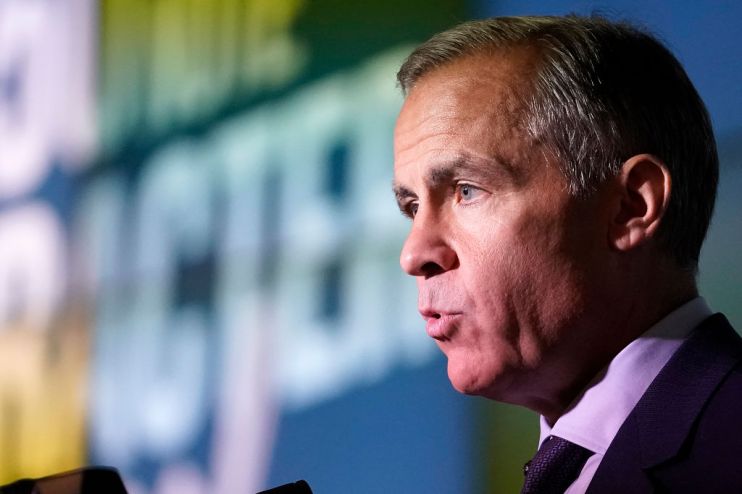Mark Carney says negative interest rates ‘not an option’ for BoE

Bank of England governor Mark Carney has said his institution will not pursue negative interest rates, a monetary policy device employed by the European Central Bank (ECB) and Bank of Japan, among others.
Read more: BoE boss Mark Carney pulls out of UK-China dinner
“At this stage we do not see negative rates as an option here. I am not criticizing others that have used them, but we don’t see it as an option,” he told Central Banking magazine earlier this month in an interview published today.
Negative interest rates seek to encourage banks to spend their spare money by penalising them for keeping it in their country’s central bank.
The BoE has been less willing to cut interest rates than some of its peers. The US Federal Reserve last month cut interest rates by 25 basis points (0.25 percentage points) and the ECB has heavily suggested further stimulus is coming.
Carney’s Bank has kept the main interest rate – which determines the cost of lending in the economy – at 0.75 per cent, citing high employment and inflation close to its two per cent target.
Yet a no-deal Brexit on 31 October, the date Britain is scheduled to leave the European Union, could cause the Bank to lower rates to support the economy during a likely shock.
Carney told Central Banking that negative interest rates can be “counter-productive”. He said the Bank’s view “is that the effective lower bound is close to zero, but positive – just above zero.”
The governor also said he does not think changing the Bank’s inflation target, which is set at two per cent, is a good idea.
“I am not a big fan of changing the target,” he said. “If you are having trouble getting to two per cent it is not clear to me why moving to three per cent really helps.”
Read more: Eurozone inflation falls to well below ECB target in July
The Bank’s favoured inflation rate was 2.1 per cent in July, official figures showed earlier this month. Inflation in the Eurozone, on the other hand, was just one per cent in July, official data showed today.